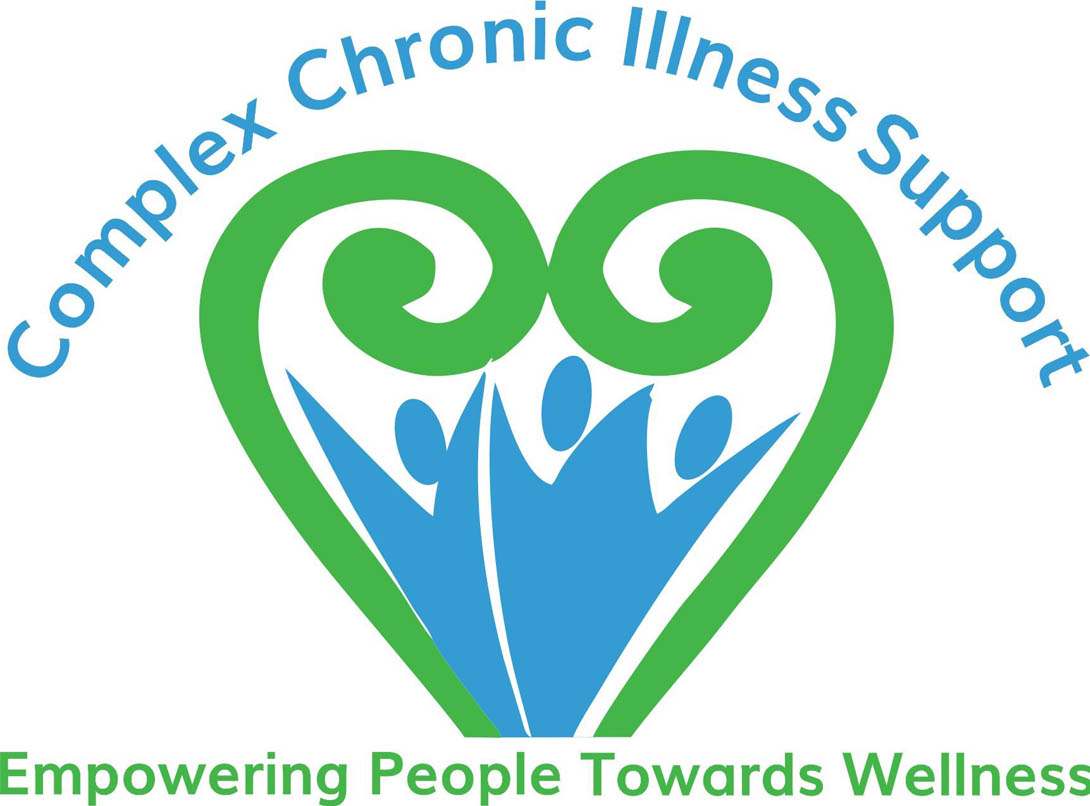“My little boy he just… It was really hard.” The heart-breaking experiences of mothers with ME.
Made with funding from NZ On Air. Full story can be found here: NZ HERALD
Holly Rinii lives in Kawerau with her partner and two children. The 35-year-old former operations manager is not able to work, due to a long term battle with chronic fatigue syndrome, also known as ME.
The condition is crippling, leaving her unable to perform the simplest of daily tasks. It’s a far cry from what her life used to be like.
“Seventh form I had a huge workload. I was sports prefect, playing for five hockey teams, was captain of the first XI hockey team and played for number of other clubs,” Rinii said.
“But I found myself falling in class a lot.”
It wasn’t long before Holly’s health took a dramatic turn for the worse. She was formally diagnosed with ME.
“If people had known of this underlying disease, I wouldn’t have had the complications I went through because everyone thought I was extremely healthy,” said Rinii.
“I had virtually given up, just needed to manage my health and deal with it. I just didn’t know if anyone was ever going to be able to work me out. I let it go.
“I was lighting a fire and right there in the newspaper article was the chronic complex centre and a lady who had ME had spoken out about this organisation.”
It was this discovery that led Holly to a meeting with Elizabeth McGougan, a field officer for CCIS: Complex Chronic Illness Support.
“She was pretty sure it sounded like this condition [ME]. We had a good chat and she ticked every box. It was amazing to connect to her,” said McGougan.
It was clear that Holly needed home care, but that wasn’t happening because ME is no longer considered a disability, just an illness, and sufferers don’t qualify for government support.
She reached out to the Bay of Plenty medical wellbeing provider Te Puna Ora o Mataatua. And finally, some good news.
“She [the support worker who approached Holly] made a really special attempt to get to me, told me an amazing story about my Koro and I knew I needed to touch with my roots. I chose them, and I was interviewed a week later after settling into home and she didn’t have to ask that many questions to see my predicament, to see how hard it was,” Rinii said.
“A health provider had gone out of their way to help me and my situation with ME. Since then, I’ve had two home help ladies… they tell me to sit down when I’m the worst person at telling myself to sit down.
“This is what I need, and to not be made to feel guilty that I can’t do my job as a mother. It’s a very big thing for a mother with ME to overcome, that they’re not able to do their job properly.”
While Holly was eventually able to access the help she needed, that’s often not the case. Shirley Hyde spent years trying to access home carehile suffering from M.E.
“When I had it thirty years ago, I was eligible for nothing and it was really hard,” she said. “Often it was my girls, and they were only about six and ten, and they would have to come along and pry me off whatever I was holding onto to hold myself up. And then carry me and drag me to the chair or the bed or whatever.”
“That was really hard. And my little boy he just…”
Shirley pauses for a long moment, remembering those difficult times.
“It was really hard to not be able to look after my kids.”
McGougan says there’s a major gap in the system that needs to be fixed. And she’ll continue to advocate for those battling this debilitating illness.
“What we can do is talk to our doctors, family members and MPs – advocate for people, and since you’re so sick, you can’t do the mahi around it and advocate because you’re too tired. If we can support our community members it goes such a long way.”
